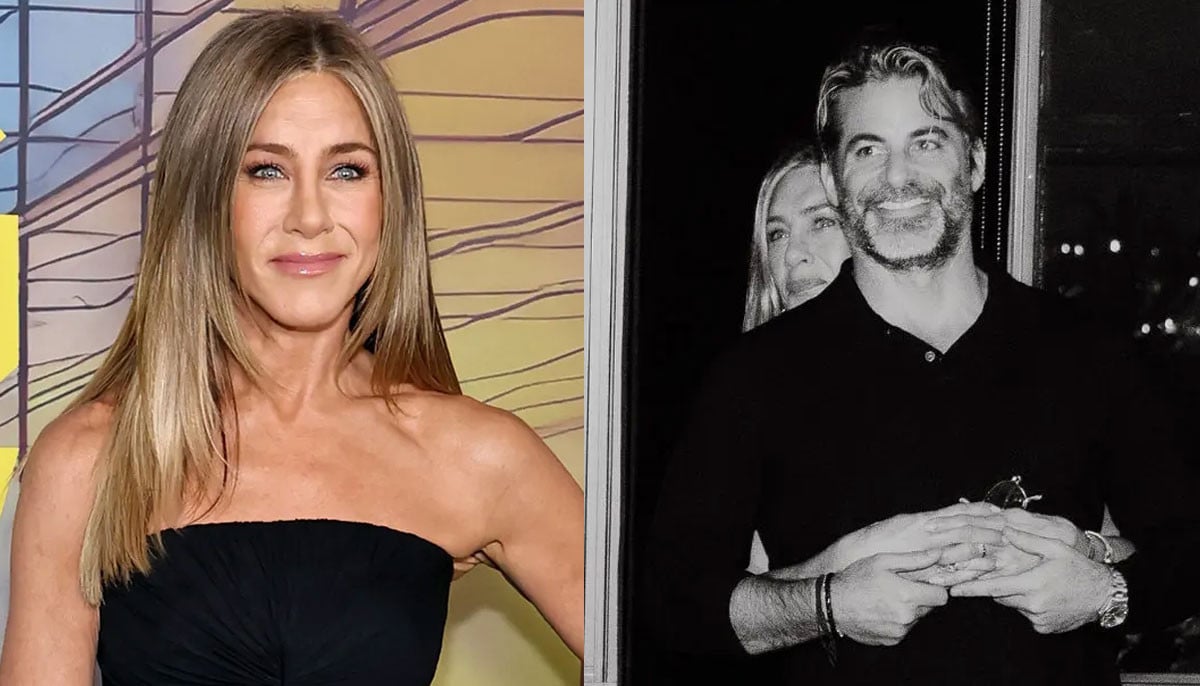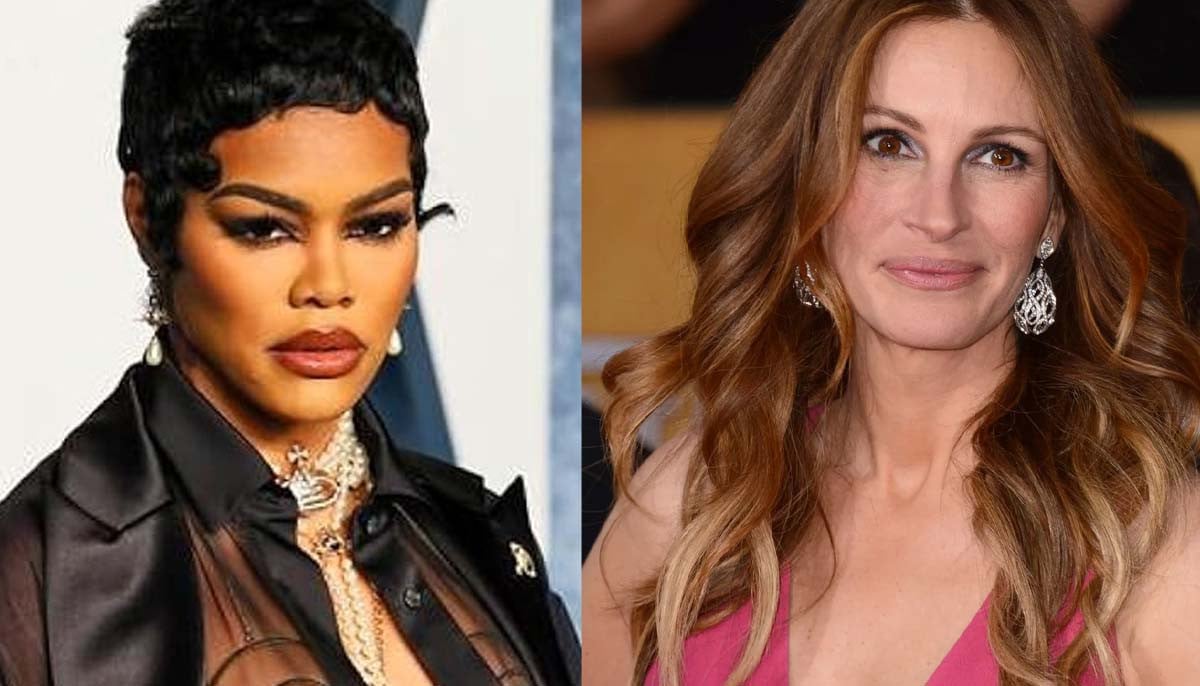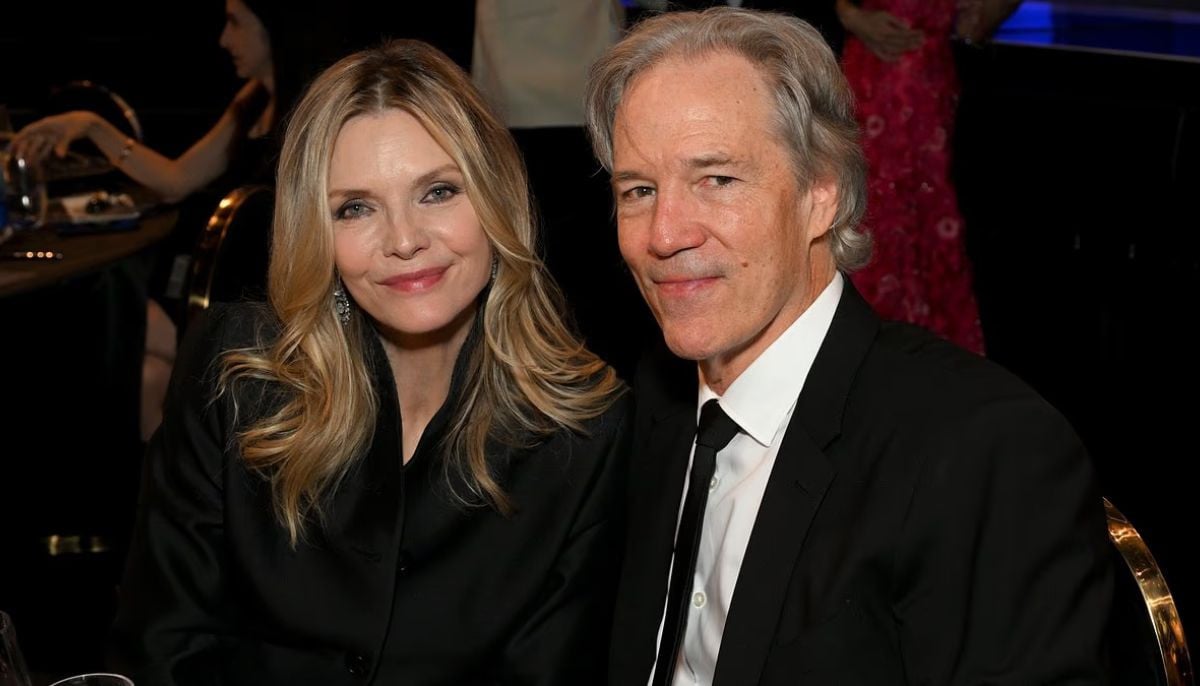Curtain falls on ‘Griselda’ lawsuit, but debate around public figures continues
The miniseries premiered on Netflix on January 25, 2024, and consists of six hour-long episodes
The legal saga surrounding the Netflix miniseries Griselda has come to an end. The estate of Griselda Blanco, the notorious Colombian drug lord portrayed by Sofia Vergara in the show, has settled its lawsuit against the streaming giant and the actress.
The lawsuit, filed in January 2024, alleged that Griselda used the image, likeness, and identity of Blanco and her family without their permission.
The Blanco family also sought to block the release of the series, which debuted on Netflix in late January despite the pending legal action.
Details of the settlement remain confidential, but according to court documents obtained by The Hollywood Reporter, the Blanco family has dismissed the lawsuit "with prejudice," meaning they cannot file the same claim again.
Prior to the settlement, a judge had denied the family's request to halt the show's release, stating that Blanco, as a public figure, was not protected by right-of-publicity laws in Florida.
However, the judge also acknowledged that the family could potentially win their case for misappropriation if they could prove that specific details of their lives were used without permission.
The settlement leaves unanswered questions about how the lawsuit might have impacted the portrayal of Blanco and her family in the series.
Some legal experts believe the settlement could indicate that Netflix made concessions to the family, while others suggest it might simply reflect the complexities of navigating right-of-publicity laws for historical figures.
Regardless of the specifics, the settlement closes a chapter in the ongoing debate about the ethical considerations of portraying real people, especially those with controversial or criminal pasts, in fictionalized narratives.
It remains to be seen if Griselda will spark further discussions about these issues, but the lawsuit and its conclusion serve as a reminder of the legal and ethical complexities involved in bringing such stories to life.
-
Dua Lipa wishes her 'always and forever' Callum Turner happy birthday
-
Bruno Mars' Valentine's Day surprise labelled 'classy promo move'
-
Ed Sheeran shares his trick of turning bad memories into happy ones
-
Teyana Taylor reflects on her friendship with Julia Roberts
-
Keke Palmer on managing growing career with 2-year-old son: 'It's a lot'
-
David E. Kelley breaks vow to cast wife Michelle Pfeiffer in 'Margo's Got Money Troubles'
-
Apple Martin opens up about getting 'crazy' lip filler
-
Amy Madigan reflects on husband Ed Harris' support after Oscar nomination











